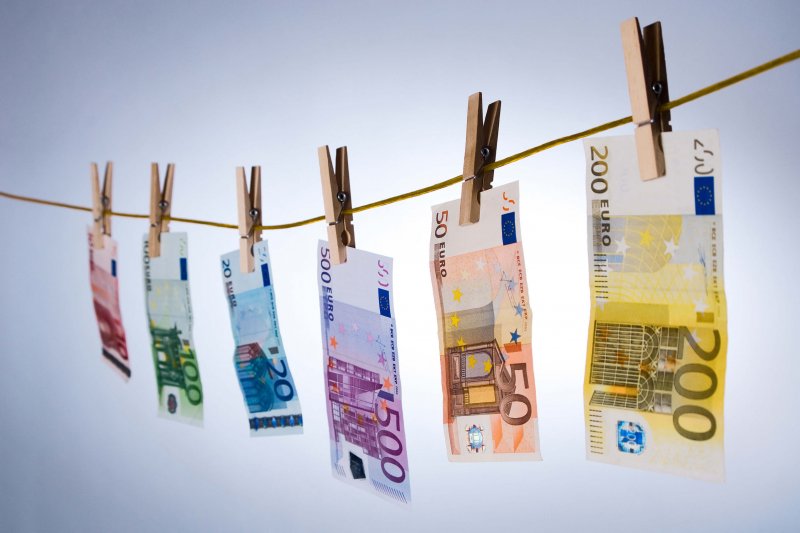Money Laundering, EU Asks Albania to Set Cash Payments Ceiling
European Commission recommends to Albania the establishment of a ceiling amount for physical cash payments.
In the latest report of the analysis of Albania's compliance with the legal and regulatory community framework, the European Commission estimates that our country is only partially compliant with the European Union framework in terms of money laundering investigation.
Despite recent progress, Albania's legislation is partially aligned with the EU acquis in this area.
Albania has been on the enhanced monitoring list of the Financial Action Task Force (FATF) since February 2020. In its February 2023 assessments, the FATF assessed Albania's work to address strategic deficiencies and found that our country had substantially completed its action plan to address the FATF recommendations. However, due to concerns about the fiscal and criminal amnesty draft that the government has announced, Albania remains on the "gray list" of the FATF.
Cash payments remain dominant in the Albanian economy, although in recent years there has been an increase in payments with alternative instruments, mainly with bank cards. The high use of physical money in economic transactions favors informality and financial crime, including money laundering from criminal activities.
A similar request for setting a ceiling for cash payments has been expressed for years by the Albanian Association of Banks. According to the Association of Banks, the reduction of physical money in circulation and commercial transactions is a challenge and a requirement for a more organized, more measurable, more disciplined and more stable economy.
Currently, Albania has no restrictions on the value of payments that can be made in physical money for the purchase of goods or services.
According to the Banking Association, setting a ceiling on cash payments by individuals would help reduce tax evasion and help fight money laundering and financial crime in general. Also, the Association of Banks has asked the government that businesses in Albania are forced to accept at least one alternative method of payment, apart from physical money.
According to data from the Bank of Albania, in the middle of this year the number of active bank cards reached 1.4 million, increasing by 2% since the beginning of the year.
The number of debit cards reached 1.21 million, up 2.5% since January. This product remains dominant and accounts for approximately 87% of the total number of bank cards. The debit card is a basic payment instrument, linked to the current accounts of businesses and individuals.
Meanwhile, positive developments this year are being recorded in the credit card segment. In the middle of this year, the number of active credit cards in the banking sector reached 116 thousand, with an increase of 3.4% since the beginning of the year.
The total value of card payments for six months has reached 26.3 billion ALL, with a monthly average of 4.7 billion ALL, from 4.2 billion ALL which was the monthly average of 2022.
Considering that the July-August tourist peak periods are associated with an increase in card payments, it is expected that the average payments for the second part of the year will increase more. It is believed that the strong growth of tourism is one of the main factors influencing the rapid growth of bank card payments in the Albanian economy.
(Source: Monitor)













